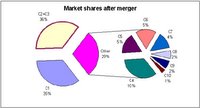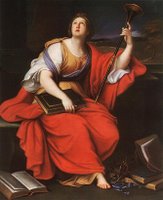Social Studies Around the World
 One student is picked to begin the game. He or she will stand next to the desk of a classmate. A question is asked of the two students. The student who first answers correctly moves to the next desk. The other student remains seated/takes the vacated seat. The student who makes it back to his or her original desk first wins the game.
One student is picked to begin the game. He or she will stand next to the desk of a classmate. A question is asked of the two students. The student who first answers correctly moves to the next desk. The other student remains seated/takes the vacated seat. The student who makes it back to his or her original desk first wins the game.--Malina West












